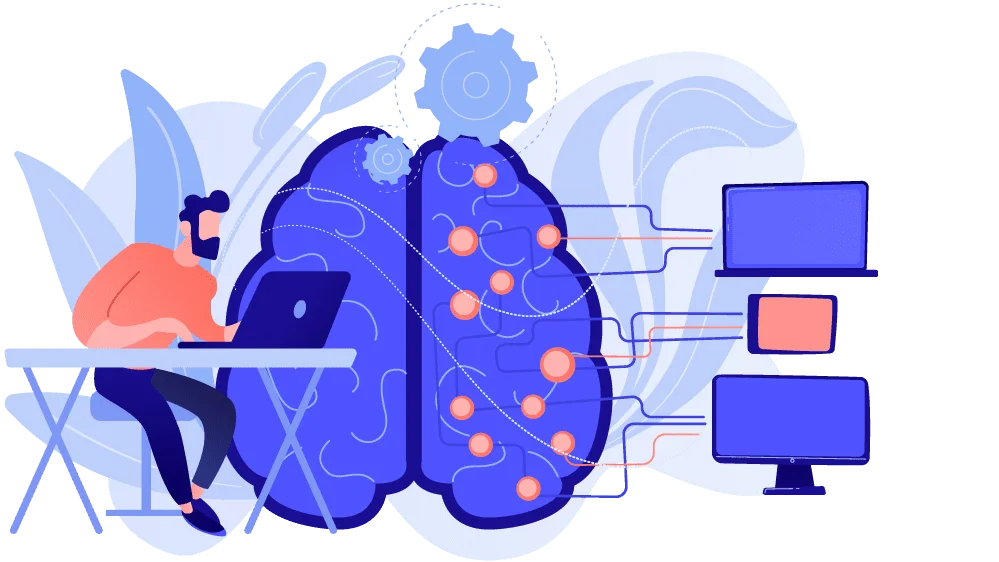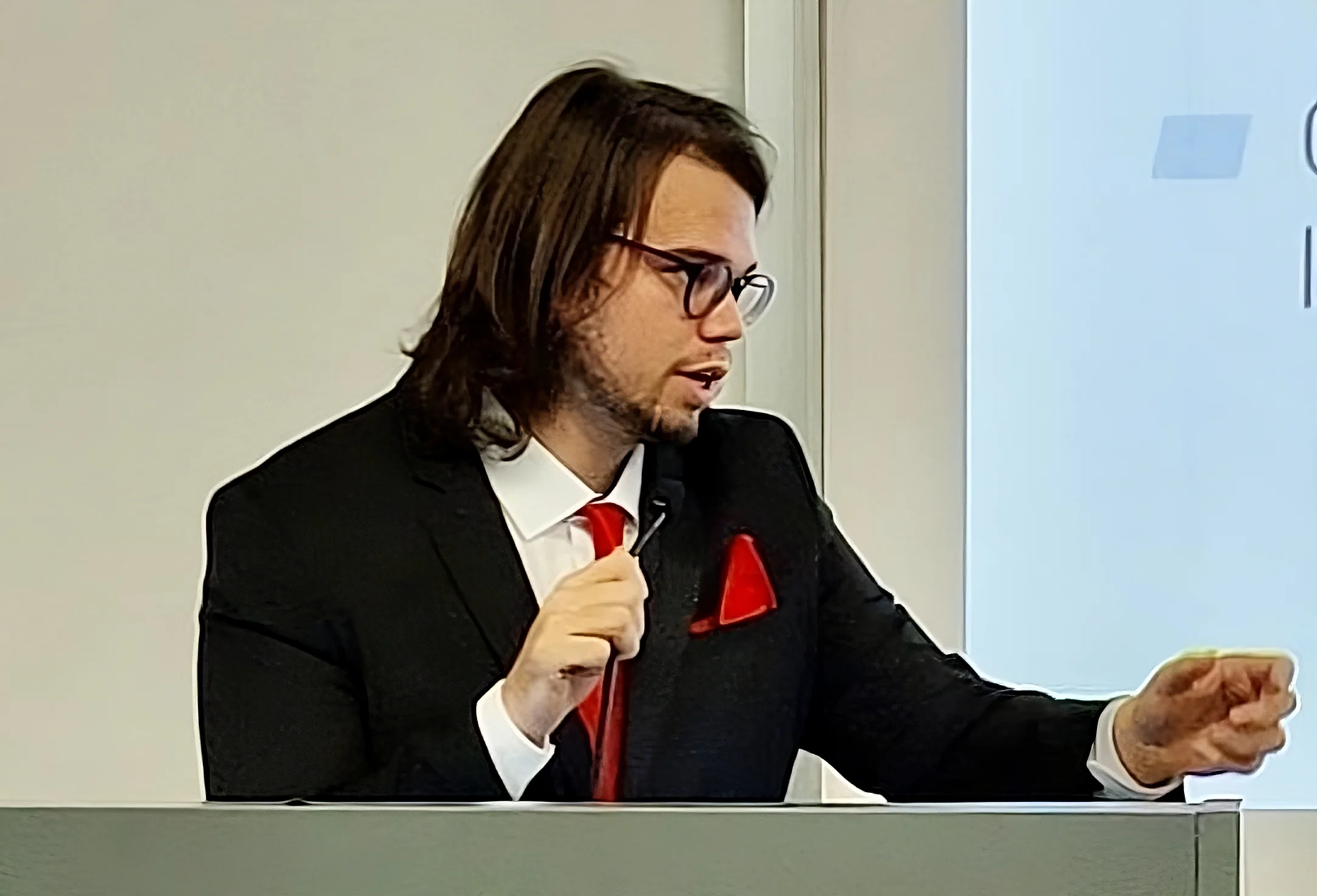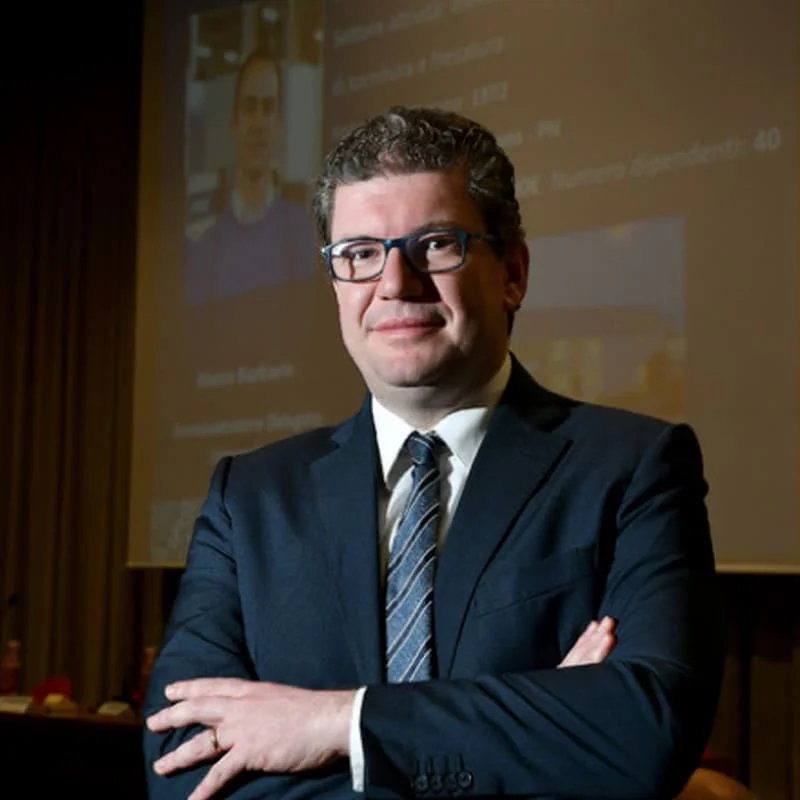Papers
Submission Guidelines
We encourage the submission of original contributions, investigating novel methodologies or presenting
business cases of AI systems and algorithms for industries. In particular, authors can submit:
Regular papers: max. 12 + references – Springer LLNCS format. Original and unpublished research
works. The aim of this kind of paper is to disseminate to the community a complete research work.
Short/Position papers: max 6 pages + references – Springer LLNCS format. Shorter papers with
preliminary results or in-progress works. The authors are encouraged to present the main open problems
and novel ideas to allow a fruitful discussion that can help in improving the work. Exploratory papers
are also a useful tool for students to start presenting their current research.
Workshop submissions must be in PDF format, do not exceed 12 (for full papers) or 6 (for short papers)
pages, and should be written in LaTeX, using https://www.springer.com/gp/computer-science/lncs/conference-proceedings-guidelines.
Submit to: https://easychair.org/conferences/?conf=aiabi2023





























